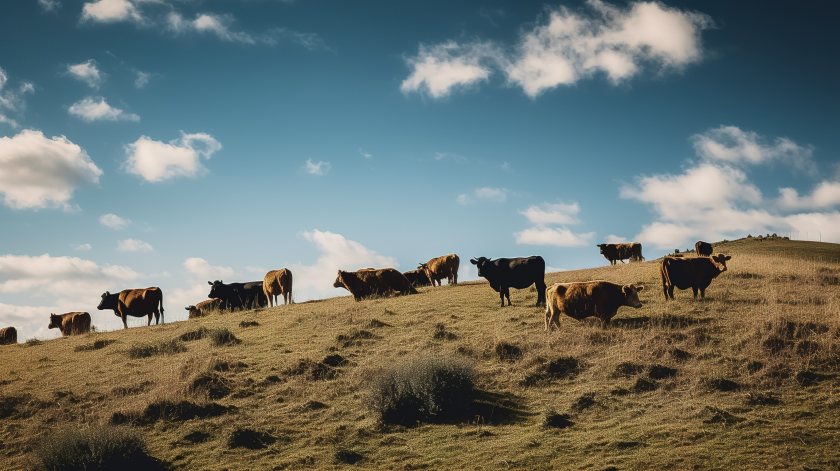
The UK has clinched the highest international safety rating for BSE, in a landmark move set to unlock new export markets and slash costs for the meat industry.
A 'negligible risk' status for bovine spongiform encephalopathy (BSE) has been issued to the UK - the most favourable classification awarded by the World Organisation for Animal Health (WOAH).
The reclassification reflects decades of stringent controls and world-leading biosecurity standards, and is expected to open new international trade opportunities for UK beef and bovine products.
BSE, also known as mad cow disease, sparked a public health crisis in the 1980s and led to decades-long restrictions on UK beef exports.
High value markets such as South Korea, where this is a demand for grass-fed beef, have been closed to UK imports for years due to the previous WOAH risk status.
Today's downgrade from "controlled" to "negligible" risk marks the UK’s full recovery from the crisis and reaffirms its international credibility in food safety.
It also signals potential cost savings for the UK meat processing industry, with less onerous control measures now required at abattoirs.
Farming Minister Daniel Zeichner welcomed the announcement, saying: “[It] will deliver a real boost to our hard-working cattle farmers, who will now have more avenues open for trading our excellent beef products.
"It is also a huge vote of confidence in this government’s commitment to rigorous animal health standards and biosecurity.”
UK Chief Veterinary Officer Christine Middlemiss added: “WOAH’s recognition of the UK as negligible risk for BSE is a testament to the UK’s strong biosecurity measures."
The British Meat Processors Association also welcomed the decision, highlighting the significant economic benefits to the sector.
To illustrate, the ability to recover mesenteric fat alone could generate value of approximately £10 million per year, it said.
Defra said all livestock keepers must remain alert for the notifiable disease, with any suspected cases to be reported immediately.
